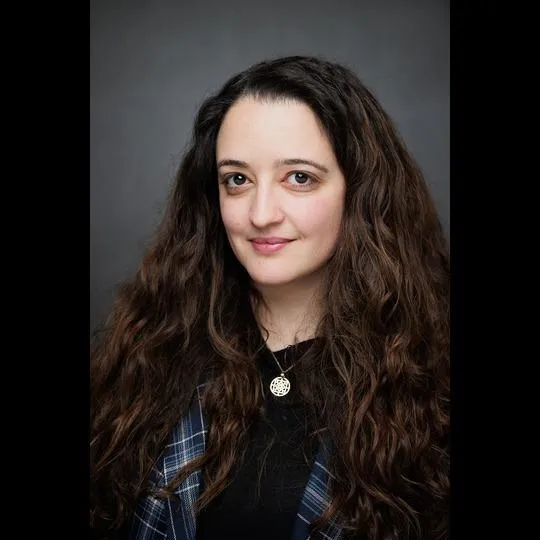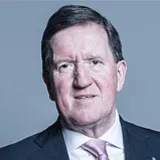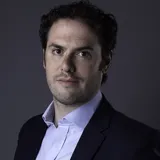We look forward to a day of really good conversation, fresh insights and yes, some difficult questions, because that's exactly how it should be."
Dr Hillary Briffa, Senior Lecturer in National Security Studies
10 May 2025
Day 3: London Defence Conference 2025 at King's
King’s Security Studies students curated the final day of the London Defence Conference (LDC) today, moderating a packed programme of discussions with leading academic and industry experts in security and defence.
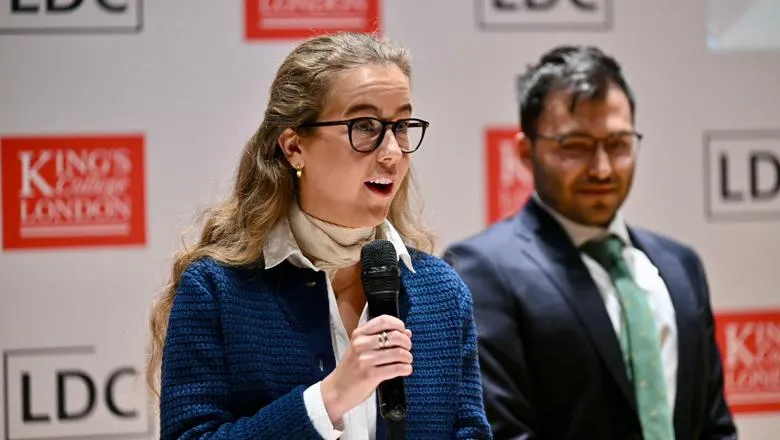
The Future Leaders’ Day is the finale of the 2025 LDC, which was established in the wake of the invasion of Ukraine in 2022 and is now in its fourth year. In her opening comments, Dr Hillary Briffa, Senior Lecturer in National Security Studies, welcomed representatives from 21 different King’s programmes, 17 UK and European universities and nearly 50 professional organisations and government departments. Dr Briffa acknowledged that this year’s theme of alliances is particularly timely in an increasingly fragmented world. She added that the support of the day’s investors is “a powerful signal that investing in future talent and fresh thinking is critical to securing our shared future.”
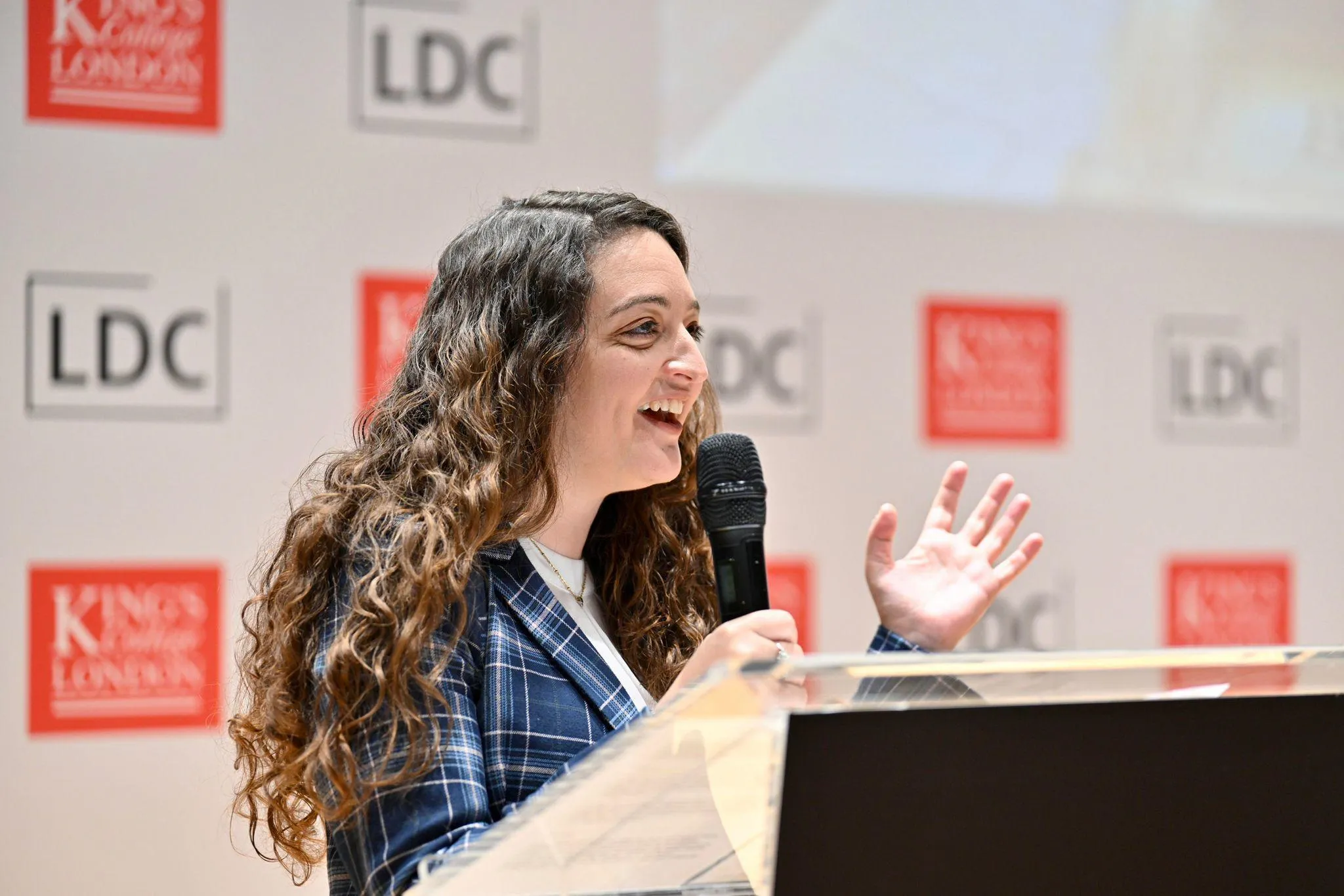
Lord George Robertson, director of the Strategic Defence Review, delivered the keynote address. He reflected on the shifting defence landscape throughout his career and the formation of the NATO Russia Council during his tenure as NATO Secretary General.
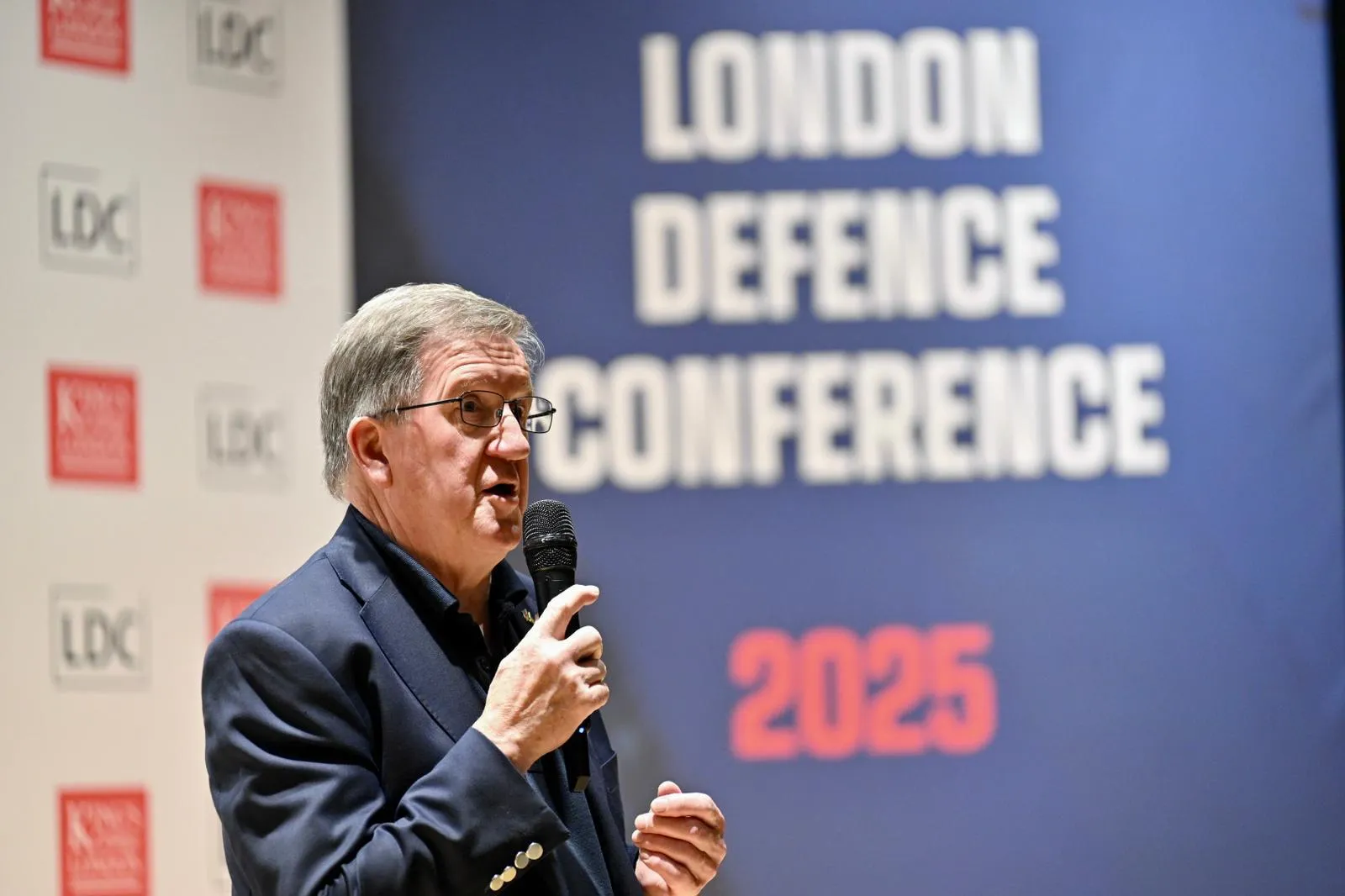
I stood beside Putin on the 28th of May 2002 at the NATO council where he said, 'Ukraine is a sovereign, independent nation state, and it will make its own decisions about peace and security'. And now the same man says, 'Ukraine is not a nation.'"
Lord George Robertson, visiting professor at King's and former Secretary General of NATO and Secretary of State for Defence
Panels throughout the day were chaired by students from the Future Leaders’ Day steering committee and King’s academics. The first panel on the theme of “The Leaders”, which was co-chaired by Dr Charlie Laderman and student Captain David Napier-Kerr, examined the different personal impacts that national leaders like Putin, Xi, Starmer and Trump are having on global alliances. Tim Willasey-Wilsey revisited the Prime Minister’s strong focus on defence budget spending when he opened the LDC on Thursday. He summarised the challenges facing the government on the international stage, commenting: “Starmer’s time in office is going to be defined by Ukraine.”
The morning series of fireside sessions – also led by Security Studies Masters students – focused on specific geopolitical defence issues like the War in Ukraine, Geopolitical Shifts and Security in the Sahel, UK and European Defence Policy and Investment and Middle Eastern Alliances after Assad. This was followed up with further “tools and tactics” firesides on topics such as The Future of Nuclear Deterrence, The Private Sector’s Role in Allied Space Defence, Building Resilience in Critical Energy Structure and Intelligence Cooperation in the Misinformation Age.
A lunchtime industry showcase provided a valuable networking environment for students and industry professionals. This reinforced the opportunities presented by LDC for students from a host of universities to gain access to key figures and organisations in the world of defence and security.
The final panel of the day focused on the US, featuring members of the United States Congress who discussed the role of the military in defence policy and future outlooks for leaders.
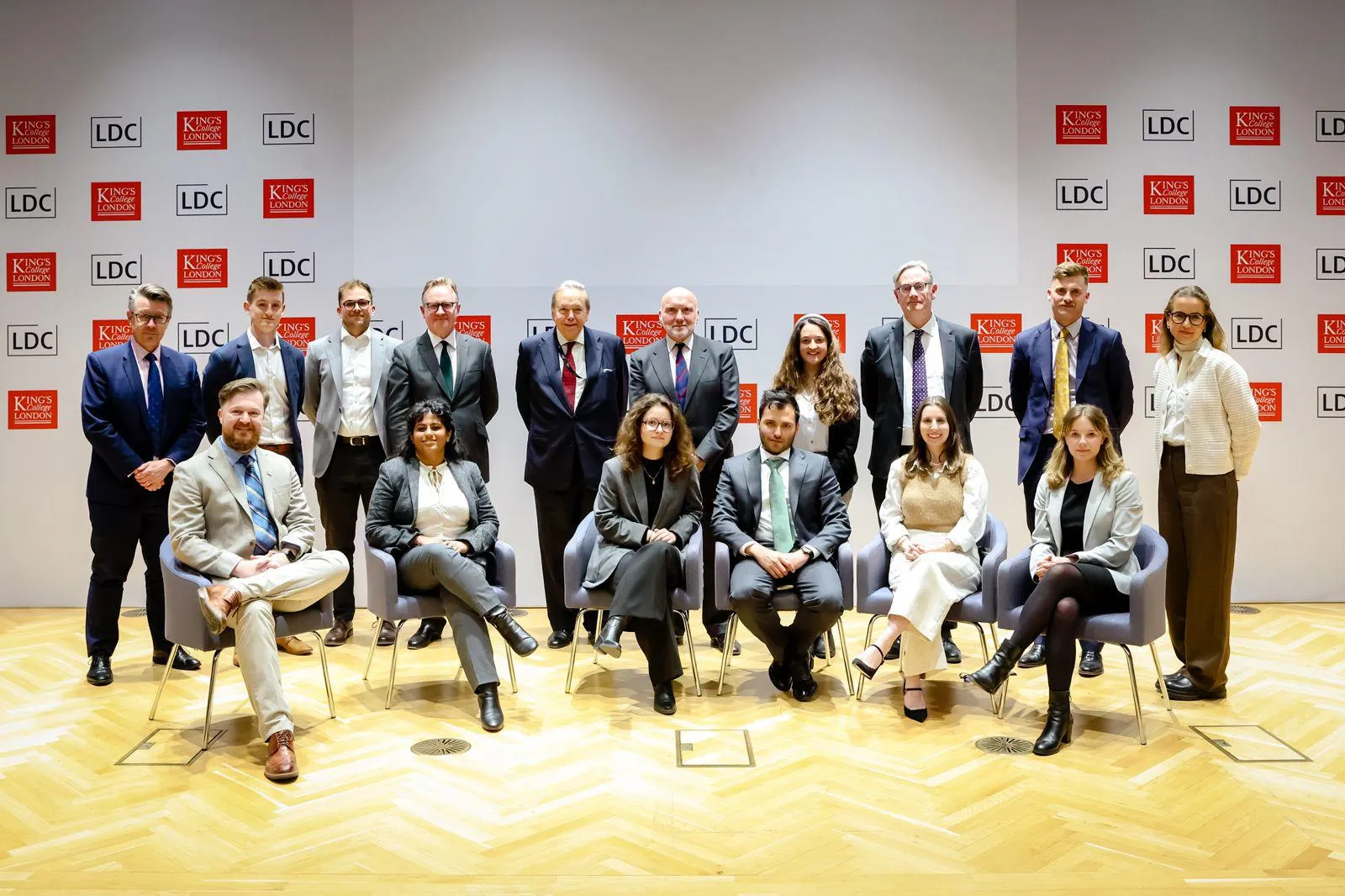
In the closing remarks, LDC director Iain Martin spoke about his pride in the increasing significance and success of the Future Leaders’ Day in bringing together its own alliance of academics, industry professionals and students. Rachel Roberts and Cameron McColgan from the student steering committee thanked all those who had organised, participated in and attended the Future Leaders’ Day, noting its poignant relevance on the 80th anniversary of VE Day.
The future of alliances aren't just being written in defence white papers or diplomatic summits. They're being written in rooms like this by people like you. So keep questioning, keep connecting, keep pushing those boundaries of what's possible."
Dr Hillary Briffa, Senior Lecturer in National Security Studies

